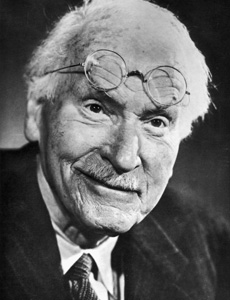Jungian Concepts: Carl Jung was a Swiss psychiatrist and psychologist. He was known as the protege of the renowned psychiatrist Sigmund Freud before Jung left Freud due to clashes of ideologies. Jung found analytical psychology.
Table of Contents
Jungian Concepts
During Jung’s tenure under Freud, the two men brainstormed the workings of the mind and tried to make sense of it. Freud saw Jung taking over for him someday. However, Jung’s research and ideologies prevented him from going down Freud’s path. This affected Freud a great deal.

Much of Jung’s work was not published when he was alive. They were found among his possessions after his death and was published posthumously.
Carl Jung archetypes and the collective unconscious
Some of the concepts Jug explains are rationality, archetypes, the collective unconscious. One of the main and important concepts put forth by Jung were The Anima, Attitudes and Eros and Logos.
The Anima and the Animus
They are the inner individual in a person. The anima is the inner masculine part of a woman and the animus is the feminine part of a man. This is parallel to Freud’s theory of bisexuality. However, in contrary to Freud, the anima and anima’s come alive in the dreams and fantasies of people.
Extraversion and Introversion
These two qualities were established by Jung in 1921. They describe the inherent character of the person and their psychic orientation. An extrovert has a more outgoing personality and an introvert is quieter and less outgoing.
These two characters are emphasized by one of the four psychological functions which are divided into rational functions and irrational functions. The rational functions are thinking and feeling, and the irrational functions are sensational and intuition.
Eros and Logos
Eros and Logos are the most popular concepts put forth by Jung. Eros, here, is seen as the counterpart of rationality (Logos). Eros and Logos are seen as the feminine and masculine principle in a person. they can be drawn in comparison with the Anima and Animus.
More Info On- John Philip, John Leech, Richard Dadd, Henry Nelson
